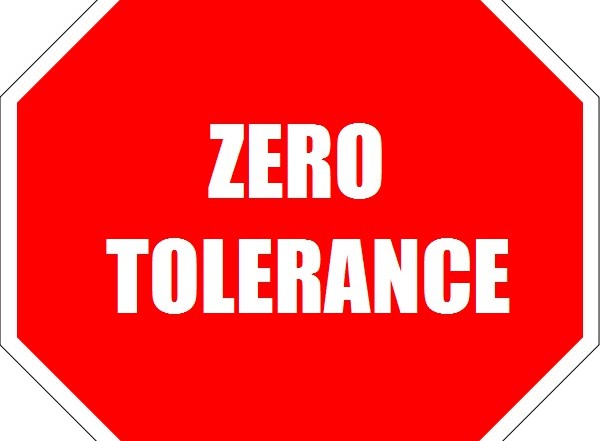Sexual Harassment Lawyers that Get Results
Sexual Harassment in the workplace occurs far more often then people think. It can come in a variety of forms and includes unwelcome sexual advances, requests for sexual favors, verbal or physical conduct of a sexual nature, or even repeated degrading or humiliating sexual jokes, gestures, or comments.
Because of its nature, many people are reluctant to seek legal assistance. We understand that it may be difficult for an employee to report workplace sexual harassment, especially when the harassment involves supervisors or co-workers, and we are here to provide much needed support during that process.
Our firm takes an aggressive approach to sexual harassment cases but understands the importance of also safeguarding the client’s privacy and emotional concerns. Our firm has successfully resolved countless cases both inside and outside the courtroom. We work with our clients to understand their needs, find resolutions that work for their specific circumstances, and provide compassionate counseling coupled with zealous representation.
Here’s what you need to know when it comes to sexual harassment in the workplace:
Types of illegal sexual harassment:
- Quid Pro Quo Sexual harassment is when improper requests for sexual favors are made a condition for your advancement in the workplace. This type of abuse of authority is illegal regardless of whether the employee refuses the sexual demands or submits to them in order to avoid suffering consequences from refusal.
- Hostile Work Environment Sexual Harassment is verbal and/or physical conduct or visual forms of harassment, that is sexual in nature unwelcome and creates an intimidating, hostile, humiliating or sexually offensive environment that interferes with an employee’s work performance.
Sexual harassment is often verbal and does not always include physical touching or sexual assault. Occasionally sexual harassment is obvious, such as sending photographs containing nudity or making inappropriate sexual comments. However, sexual harassment can also include less obvious behavior including lewd or offensive jokes or comments.
Timing is important.
In Massachusetts, there’s a strict 300-day statute of limitations by which an employee must file claims of sexual harassment. The statute of limitations typically runs from the date of the most recent harassment or consequences resulting from reporting harassment (such as a termination or threat of termination). In other words, if those 300 days have lapsed, you would be unable to file a claim. Therefore it is extremely important that you seek legal advice immediately if you feel you’ve been sexually harassed.
Many times, victims of workplace harassment are also subjected to other employment law violations, including discrimination, wrongful termination, and retaliation.



